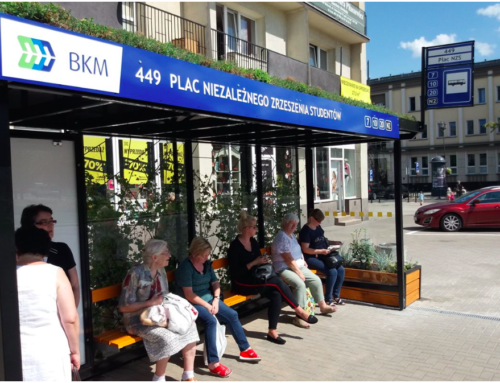Why Zero Fare?
By Adam Thielker
Massachusetts is a state with one intense urban core, cocooned in suburbs, inside a rural landscape dotted with patches of rust, framed by various vacationlands. This letter will show how the Cities, State, and Federal governments can take steps to provide effective public transportation across all the areas served by its Regional Transportation Authorities. I will be focusing on the Worcester RTA, which is charged with providing bus service to Southern Worcester County.
Worcester is a microcosm of the challenges faced across the state: An up-and-coming urban core, pleasant suburbs, rural fields and forests, and many empty factories and mills. It is also the center of the Commonwealth’s Zero Fare movement. The WRTA has not charged passengers for rides since April, 2020. Without fares, ridership quickly returned to normal levels. Unlike other RTAs, which soon went back to fare collection, with the expected loss of riders, the WRTA, with the help of a strong group of public transit activists, continued its fare free policy. The result is that there are now as many riders as there were before the pandemic. Fixed routes recovered the fastest, and paratransit (also fare free) followed. Encouraged by this success, the WRTA used some of its CARES act funds to add greater frequency and evening hours to a few of the more heavily travelled lines.
